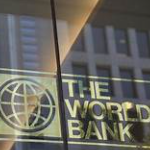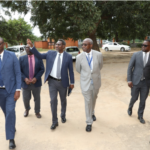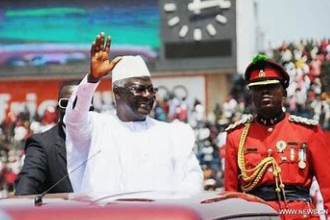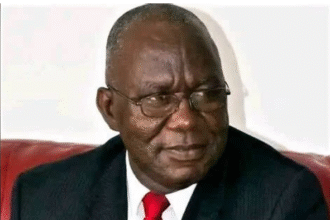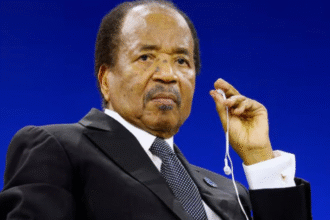By Emily Sims
Washington, D.C. – Nigeria is leading a push for international support and investment in economic reform agendas for developing nations at the 2025 IMF-World Bank Spring Meetings currently underway in Washington, D.C. Spearheading the initiative is Nigeria’s Minister of Finance and Coordinating Minister of the Economy, Mr. Wale Edun, who is engaging in high-level discussions with the International Monetary Fund (IMF), World Bank, and International Finance Corporation (IFC).
Minister Edun highlighted Nigeria’s commitment to cementing fiscal consolidation, scaling social protection programs, and attracting private capital into key sectors of the economy. He emphasized that these reforms are crucial for achieving sustainable and inclusive growth.
“We are focused on laying the foundation for long-term resilience — stabilizing the economy, creating jobs, and ensuring our growth is inclusive,” Edun stated during a session focused on debt restructuring and inclusive development. “Nigeria is ready for business, and we’re here to forge partnerships that align with our national development priorities.”
Nigeria’s call for support comes after a year of significant monetary and fiscal reforms aimed at curbing inflation, unifying the foreign exchange market, and eliminating unsustainable subsidies. With macroeconomic stability beginning to emerge, the administration is now pivoting toward accelerating economic expansion.
“It’s no longer about just stabilizing the economy. We’re targeting rapid, inclusive growth that lifts millions out of poverty and strengthens our middle class,” Edun added during a roundtable discussion on climate finance and energy transition.
Furthermore, Nigeria is actively seeking support for its ambitious energy transition and climate adaptation plans. The nation aims to leverage global climate finance mechanisms to catalyze infrastructure development and the deployment of renewable energy sources.
The IMF-World Bank Spring Meetings provide a critical platform for Nigeria to reinforce its international standing and secure the technical and financial backing necessary to implement its comprehensive reform agenda. The meetings convene finance ministers, central bank governors, development partners, and private investors from across the globe.
The Nigerian delegation includes senior officials from the Ministry of Finance, Budget and National Planning, the Central Bank of Nigeria, and Nigeria’s multilateral finance agencies.
“We’re fully aligned on our strategy. The private sector is key to unlocking Nigeria’s economic potential,” Edun told a group of investors during bilateral discussions. “What we need now is global confidence and targeted investment.”
Nigeria’s week-long engagements at the Spring Meetings are expected to significantly influence the nation’s medium-term economic direction and strengthen its relationships with key development partners. The success of these meetings could pave the way for increased international investment and support for developing nations pursuing similar economic reforms.



